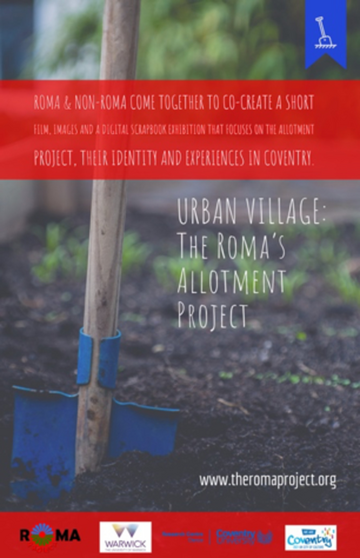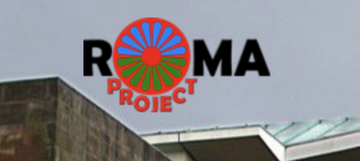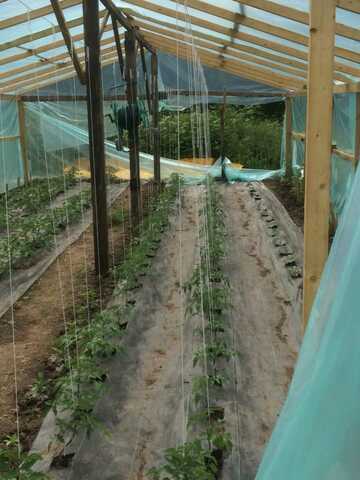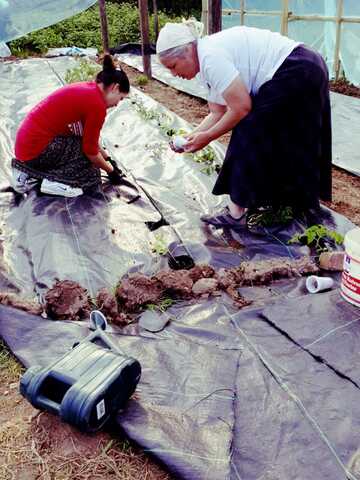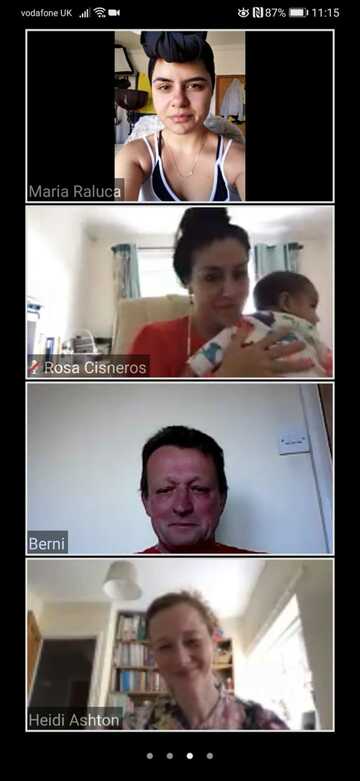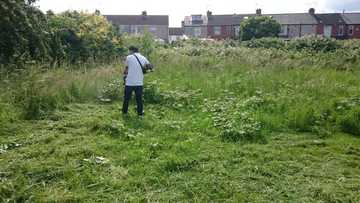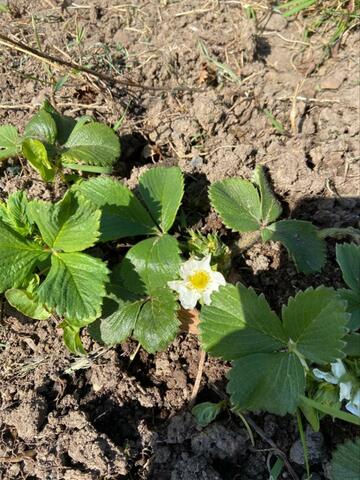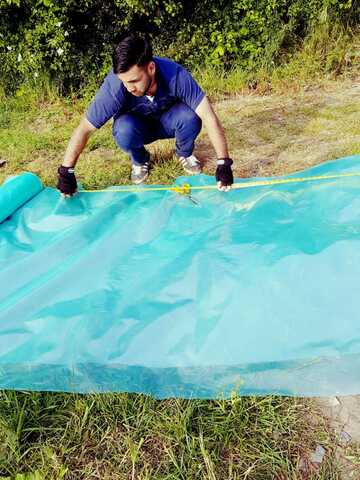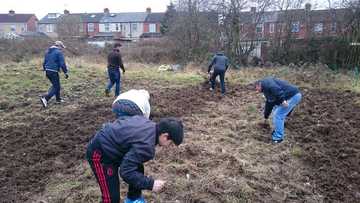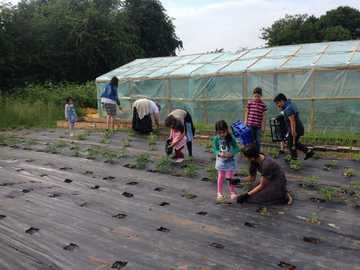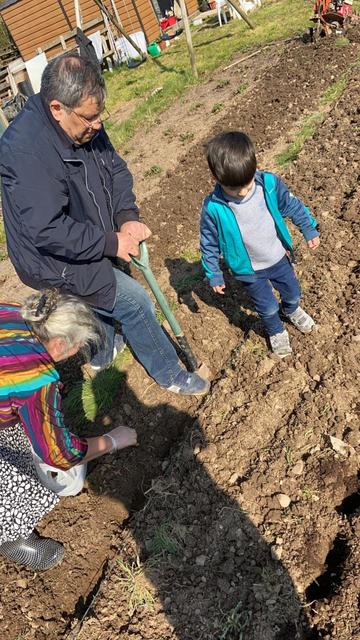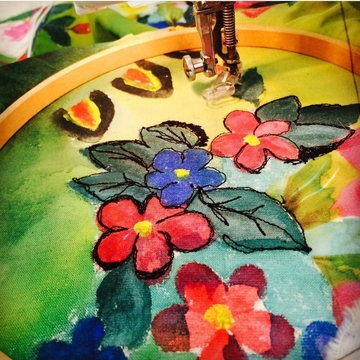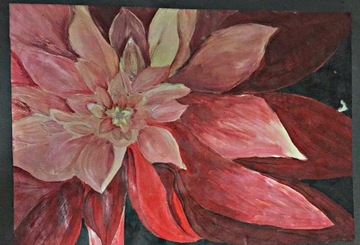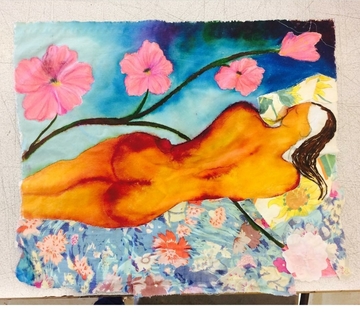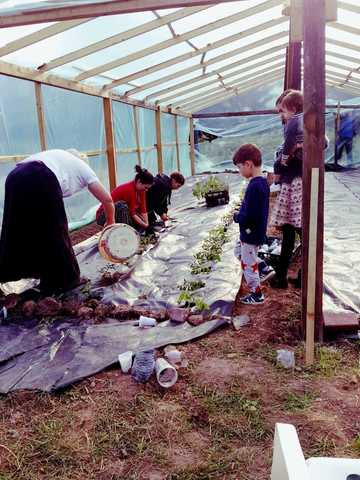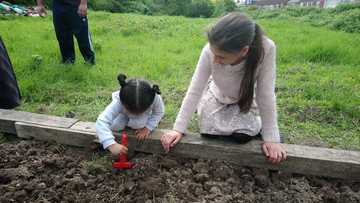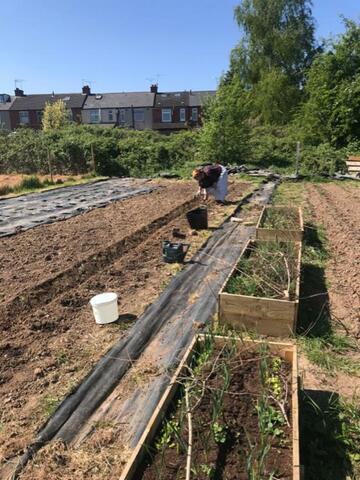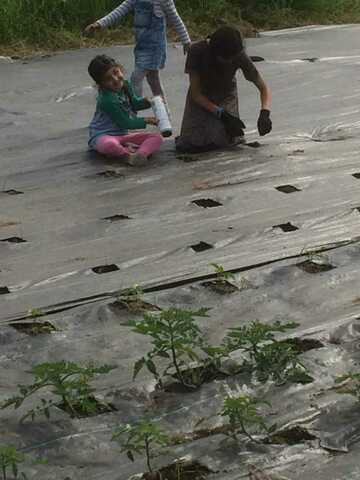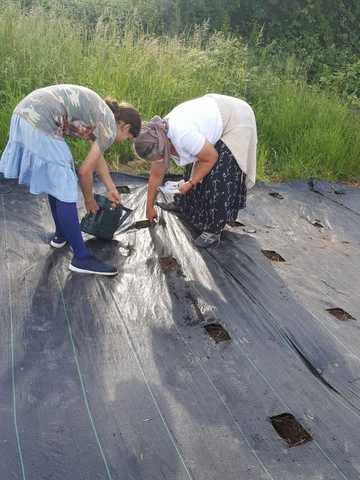History of Allotments in Coventry
The word "allotment" originates in land being allotted to an individual under an enclosure award. The first recorded enclosure was about 1654-1658, but the period from 1760 to 1818 saw 3,500 Enclosure Acts of Parliament. In the first half of the 19th century some attempt was made to provide allotments in the Enclosure Acts, but it was not until the General Enclosure Act of 1845 that a determined effort was seriously undertaken.
That Act required that the Commissioners should make provision for the landless poor in the form of "field gardens" limited to a quarter of an acre.
By 1850 it had become widely recognised that allotments were parcels of land to be cultivated by a labourer, in his spare time, and for the provision of food for himself and his dependants. At this stage allotments were virtually confined to rural areas.
The urban allotment development was beginning to emerge, as evidenced by the "guinea gardens" brought into use on the outskirts of Birmingham as early as the second half of the eighteenth century. These however gradually disappeared as the outward spread of the city led to them being closed for building purposes.
The next stage was the Allotments Act of 1925, which required local authorities to recognise the need for allotments in any town planning development, but its main provision was to establish the "Statutory" allotment by enacting that any piece of ground purchased by a local authority for allotment purposes could not be converted to other purposes without Ministerial permission. This was to become, and has continued to be a corner-stone of current allotment legislation.
References: Above content provided by Allotment history website.
http://allotmentsincoventry.lraa.co.uk/general_allotment_history.htm
